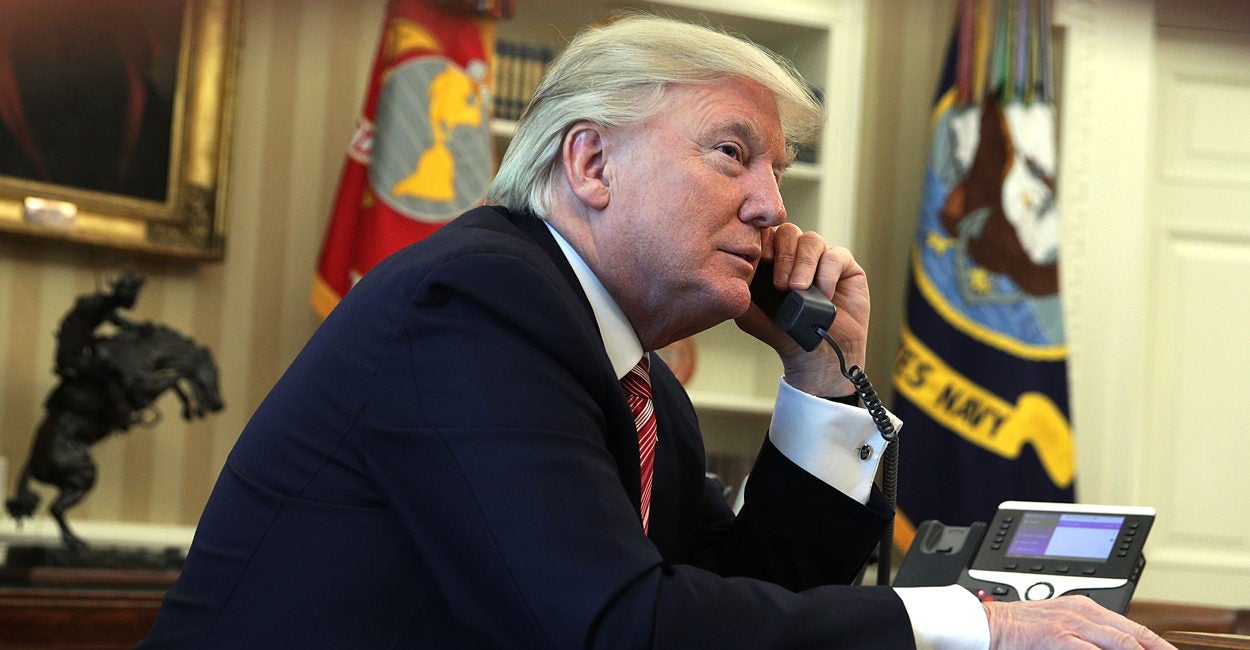 |
| Photo: Alex Wong/Getty Images |
President Donald Trump last fall floated the idea of ending universal birthright citizenship by way of executive order.
The reaction from the political and chattering classes was uniformly hysterical. Democrats called it racist. Many Republicans, including then-outgoing Speaker of the House Paul Ryan, dismissed the move as “obviously” unconstitutional.
Yet the case for ending birthright citizenship is quite strong, on both legal and economic grounds.
The text of the Constitution does not define who qualifies for American citizenship, and it gives Congress exclusive power over naturalization. The 14th Amendment, which Congress passed in 1868 to enshrine core legal rights for newly freed slaves and their children, grants citizenship to “all persons born or naturalized in the United States, and subject to the jurisdiction thereof.”
That last clause—”subject to the jurisdiction thereof”—generates the current controversy over birthright citizenship. Advocates of the status quo argue that a child born to illegal immigrants or tourists clearly qualifies, since the newborn child is “subject” to our laws.
The federal government has adhered to this interpretation only since 1940.
Nowadays, each year approximately 200,000 children are born in the United States to foreign tourists, students, and temporary guest workers, according to the Center for Immigration Studies. And roughly the same number are born to illegal immigrants, according to Pew Research. The government grants U.S. citizenship to all of them.Read the rest from Walter Myers HERE.
If you like what you see, please "Like" us on Facebook either here or here. Please follow us on Twitter here.


No comments:
Post a Comment